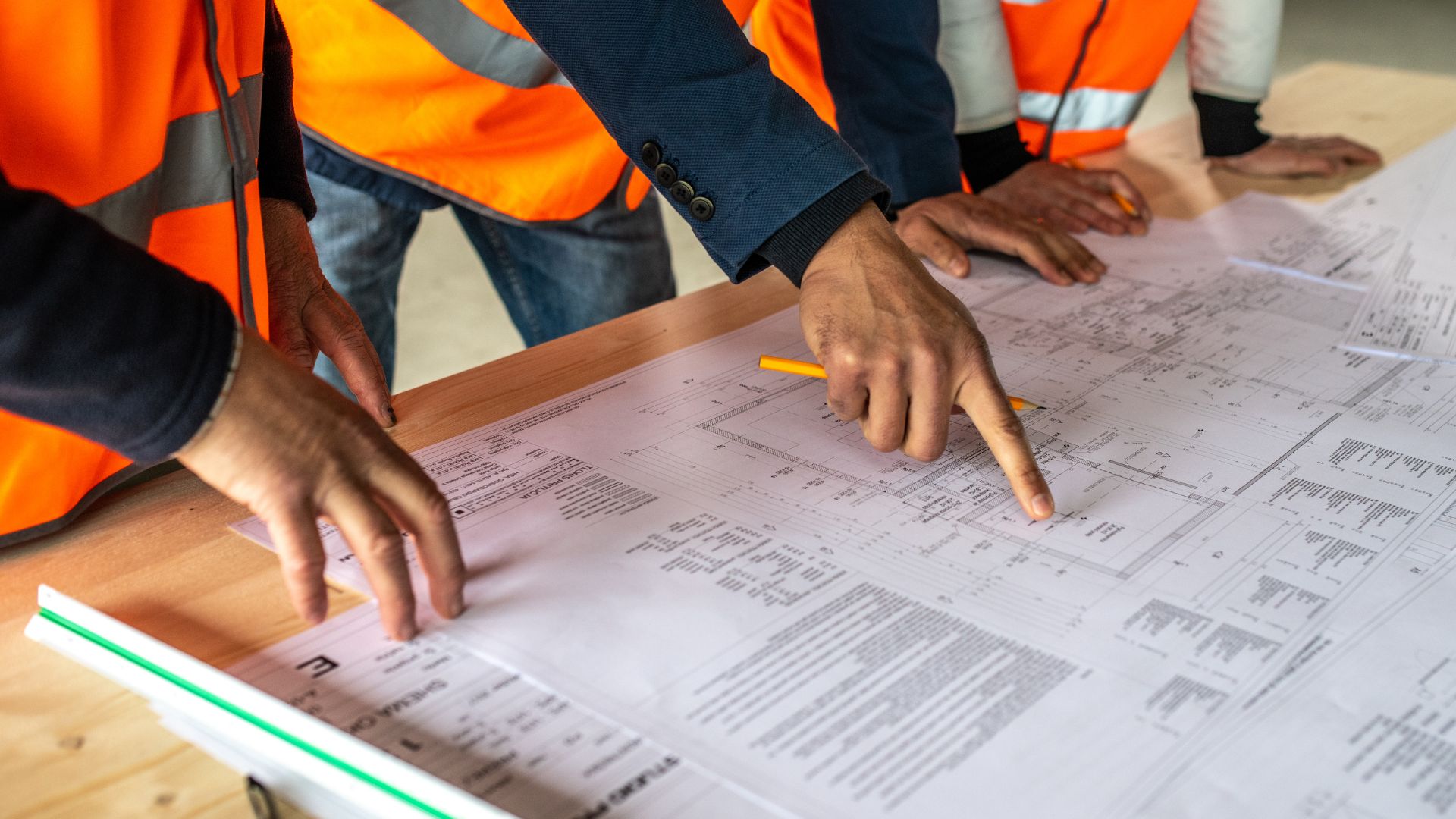Navigating the complexities of estimating architectural and engineering (A/E) fees can be daunting, especially for those who are new to the realms of property development. This comprehensive guide aims to demystify the factors that influence these fees and provide you with the knowledge needed to get accurate cost estimations from your architects. Understanding these dynamics is crucial for both planning and executing your development projects effectively.
Understanding A/E Fee Calculations
Architectural and engineering fees are not randomly set; they’re calculated based on multiple factors that affect the overall cost of construction. These fees generally cover the planning, design, and sometimes, the oversight of building construction. For developers, knowing how these fees are estimated is crucial for budget planning and project feasibility.
The Impact of Building Types on A/E Fees
Different types of buildings entail different design complexities, which significantly affects the A/E fees. For instance, a multi-family housing project may require intricate planning for multiple units with shared facilities, as opposed to a commercial development that might focus more on spatial design and customer traffic flow. Each type of building presents unique challenges and design requirements, hence impacting the architectural fees. Example: A commercial complex with retail stores will likely have a different fee structure compared to an industrial facility focused on manufacturing, because of the varying demands in design specifics, materials, and building codes.
How Finishes Influence Construction Costs
The choice of finishes can drastically alter the construction costs, which in turn affects the A/E fees. High-end finishes in a commercial property not only increase the material costs but also require more detailed design efforts to ensure that the aesthetic aligns with functionality. Example: Using imported marble in a hotel lobby as opposed to a more standard ceramic tile can significantly increase both material costs and the complexity of the installation process, thereby affecting the overall architectural fees.
Design/Build vs. Design/Bid Build Costs Differences
The method of delivery also plays a critical role in determining A/E fees. In a design/build delivery, the design and construction services are contracted by a single entity, potentially lowering overall costs due to integrated processes. Conversely, in a design/bid/build scenario, the design and construction phases are separate contracts, which might increase the administrative and management fees. Example: Opting for a design/build might reduce discrepancies between the estimated designs and actual construction, thus minimizing costly changes and delays that can occur in a design/bid/build process.
Navigating A/E Fees for First-Time Developers
First-time developers, particularly private developers without a background in architecture or construction, might find the estimation of A/E fees particularly challenging. Here are several aspects to consider:
Understanding the Current and Intended Use of the Property
The current use and the intended final use of the property can significantly influence both zoning requirements and A/E fees. Changes in use often require compliance with different sets of regulations and codes, which can complicate the design process. Example: Transforming an old warehouse into a residential property may require extensive knowledge of both the existing structural limitations and the residential codes, which can increase the complexity and cost of architectural services.
How Zoning Impacts Estimating Architectural and Engineering Fees
Zoning laws can have a profound impact on architectural fees because they dictate the permissible types of construction, the density of development, and the height of buildings. Developers need to understand how these regulations affect their projects to avoid unexpected fees related to compliance and permitting. Example: In areas zoned for commercial use, developing a residential project might require obtaining variances or rezoning, which involves more complex architectural and legal services.
Challenges in Estimating Construction Costs
Estimating construction costs accurately is one of the biggest challenges in project development. These costs are influenced by a myriad of factors, including material prices, labor rates, and economic conditions, all of which need to be carefully considered when estimating A/E fees.
Avoiding Overestimation in A/E Fees
Overestimation can lead to inflated project costs, which can deter investment and financing opportunities. It’s important for developers, especially those new to the field, to work closely with experienced architects who can provide realistic and comprehensive fee estimates.
Conclusion
Understanding and accurately estimating architectural and engineering fees is critical for the success of any development project. By comprehensively considering the factors outlined above, developers can better navigate the financial aspects of building and design, ensuring that their projects are both feasible and compliant with local regulations. Whether you are a private developer embarking on your first project or a seasoned professional developer looking to expand your portfolio, having a deep understanding of how architectural fees are estimated will aid in better project planning and execution. For more insights and assistance on your development projects, consider consulting with seasoned professionals like those at Prime Architects, who are equipped to guide you through the complexities of architectural design and planning. Ready to navigate the complexities of A/E fees with confidence? Contact Prime Architects today to partner with our seasoned professionals who can provide the guidance and expertise needed to ensure your development project is cost-effective and successful. Don’t let uncertainty about architectural fees slow down your project’s progress. Reach out now to start your journey with a trusted partner by your side!

